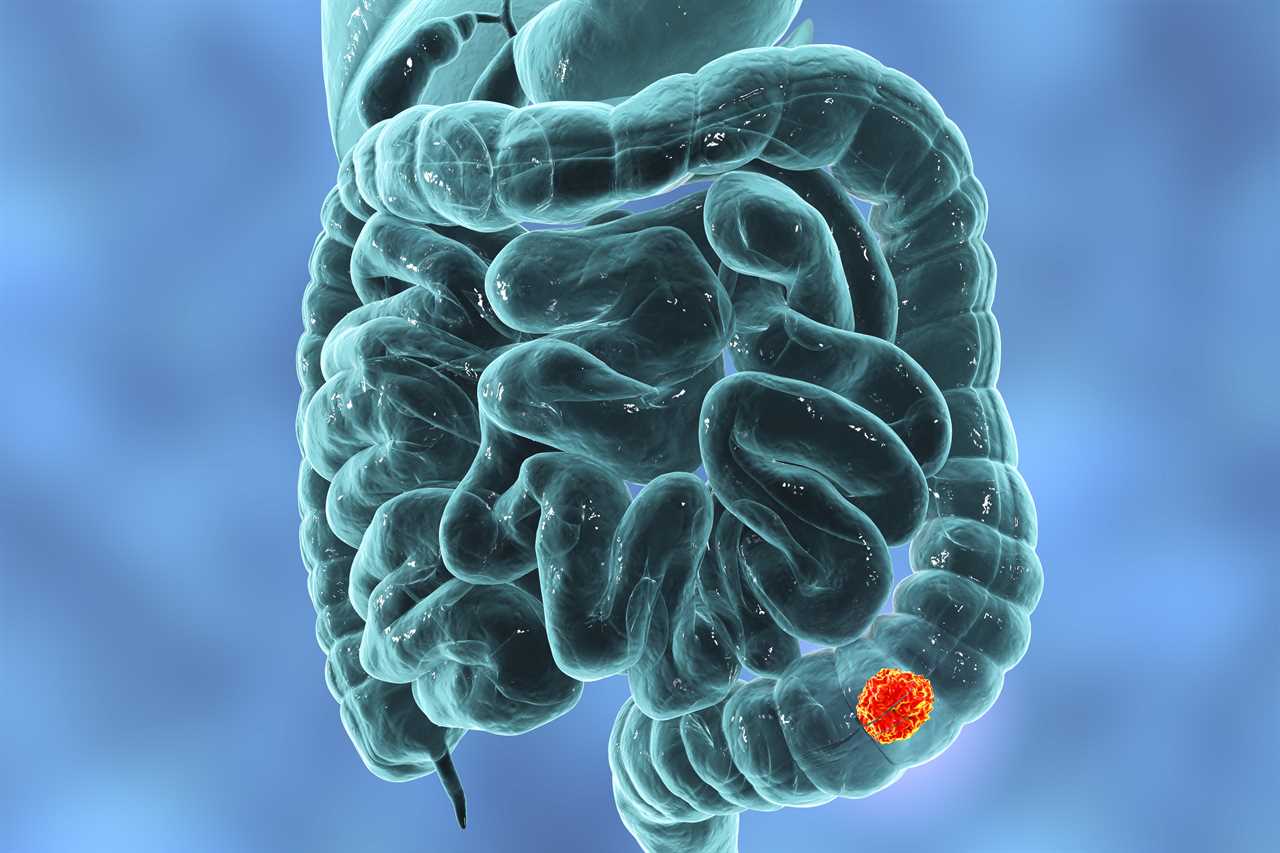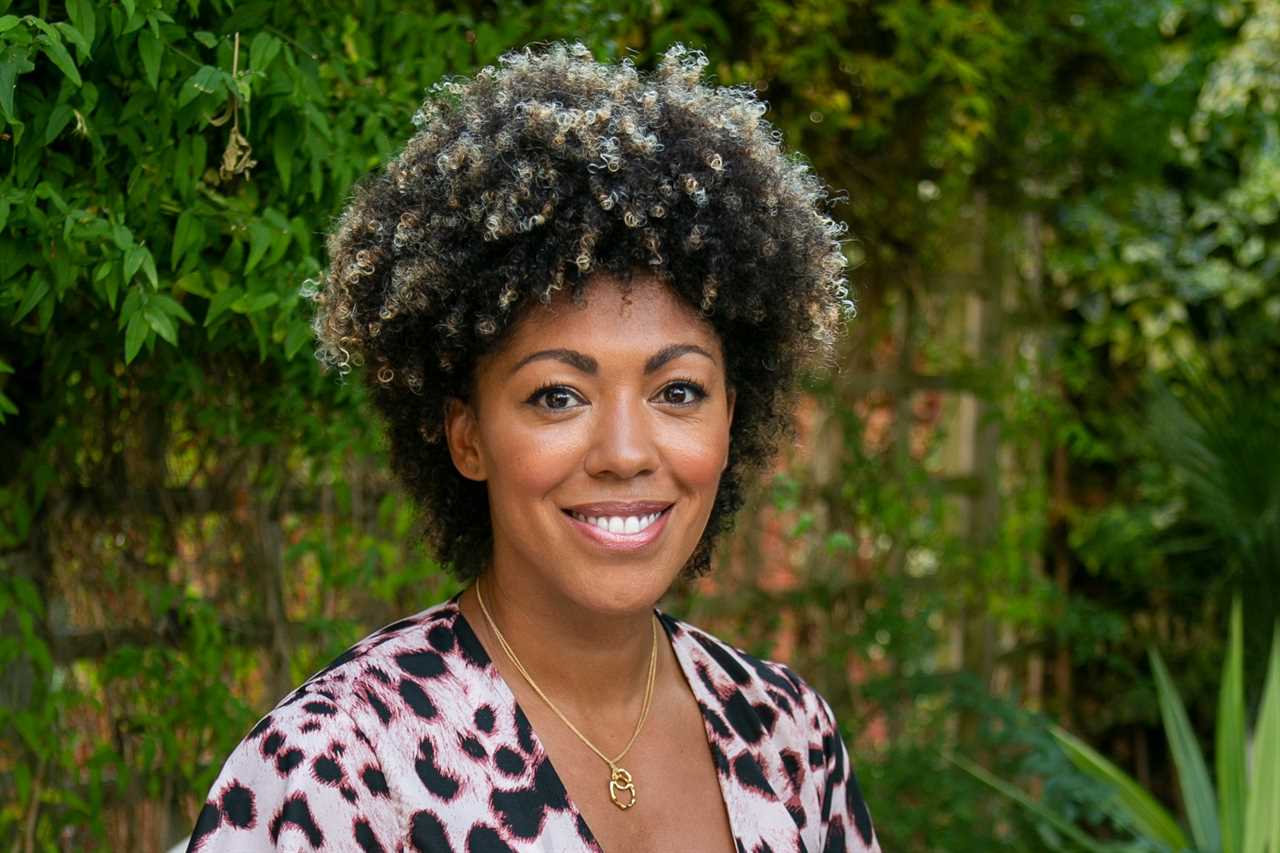PATIENTS with colorectal cancer have seen their tumours disappear after receiving an experimental drug.
Medication dostarlimab has left medics with ’cause for optimism’, with each patient entering remission.

Doctors have been unable to find signs of colorectal cancer, also known as bowel cancer, in the bodies of the 18 patients who took part in the US trial.
The treatment applies to patients who had tumours with mismatch repair-deficient (MMRd) or microsatellite instability (MSI).
Experts at Memorial Sloan Kettering Cancer Center in New York stated that around five to 10 per cent of all patients who have this form of the illness are thought to have this condition.
All patients had previously received treatments such as chemotherapy.
Read more on bowel cancer
Bowel cancer is one of the most deadliest forms of cancer, with it being the fourth most common in the UK.
Around 43,000 people are diagnosed with the condition each year, with 268,000 Brits living with the illness.
Trial leader, Dr Luis Alberto Diaz said he believes this is the first time a drug has had this impact in the history of cancer.
Patients in the trial were given 500 milligrams of dostarlimab every three weeks for six months.
Initially the expectation had been that patients would still need further treatment such as chemotherapy or radiotherapy.
But results showed that all patients’ cancer had cleared with just the medication alone.
Tumours could no longer be detected on scans and a year later, no patients required further treatment.
It is now two years on from the first trial, and none of the 12 patients have needed further treatment.
It’s believed that the drugs help shrink or eliminate patients’ tumours.
Other experts have also praised the treatment.
In a medical journal oncologist at the Lineberger Comprehensive Cancer Center at the University of North Carolina Dr. Hanna Sanoff said: “These results are cause for great optimism, but without further research, dostarlimab cannot yet replace the standard, curative treatment for mismatch repair-deficient rectal cancer.”








